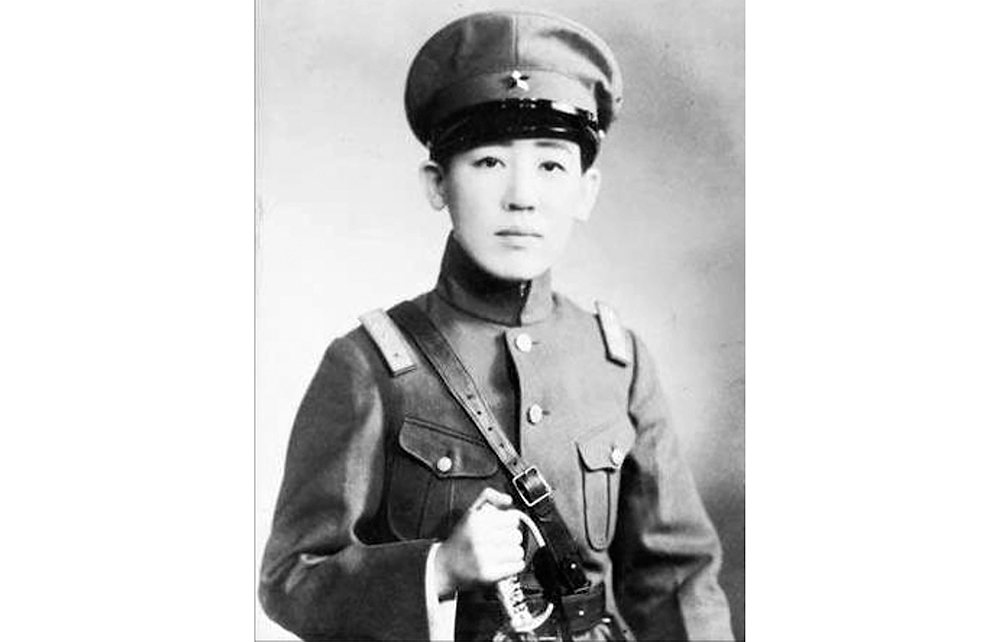Those of us who have never endured occupation can find it difficult to judge the behaviour of some who have. The lines between survival, passive cooperation and active collaboration are not always clear. Following the second world war, the myths of resistance, especially in France, were deliberately inflated in order to hide the humiliation and deep wounds occasioned by collaboration, which was far more widespread. Understandably sometimes; you may take risks for yourself, but when it’s your family who may be butchered, decisions are harder.
It’s not only the unoccupied who find judgments difficult. As Ian Buruma demonstrates in his informed and perceptive commentary, it can be equally difficult for those who were there. Some cases are clear-cut, of course – a Quisling is a Quisling, deserving his date with the firing squad – but it’s harder to judge someone motivated by personal and family survival, tempted when hungry by material enrichment and starting perhaps with a genuine desire to save some, which may involve betraying others.
Buruma chooses three examples, all notorious in their times but largely forgotten now. Friedrich Weinreb was an Austrian-Dutch Jew who escaped deportation by betraying some of his fellow Jews. At the same time he took bribes to add them to a list of exemptions supposedly negotiated with the Germans. There was no such list and very few were saved.
All three collaborators left unreliable, self-exculpatory accounts of their courage and principles
Kawashima Yoshiko was an androgynous Manchu princess who collaborated with the Japanese during Japan’s 1930s brutal occupation of Manchuria and parts of China. She claimed – sometimes perhaps believed – that she might bring about peace and independence for Manchuria while enriching herself.
Felix Kersten was an Estonian-Finn with Dutch connections who discovered a gift for massage and became Himmler’s personal masseur.








Comments
Join the debate for just £1 a month
Be part of the conversation with other Spectator readers by getting your first three months for £3.
UNLOCK ACCESS Just £1 a monthAlready a subscriber? Log in